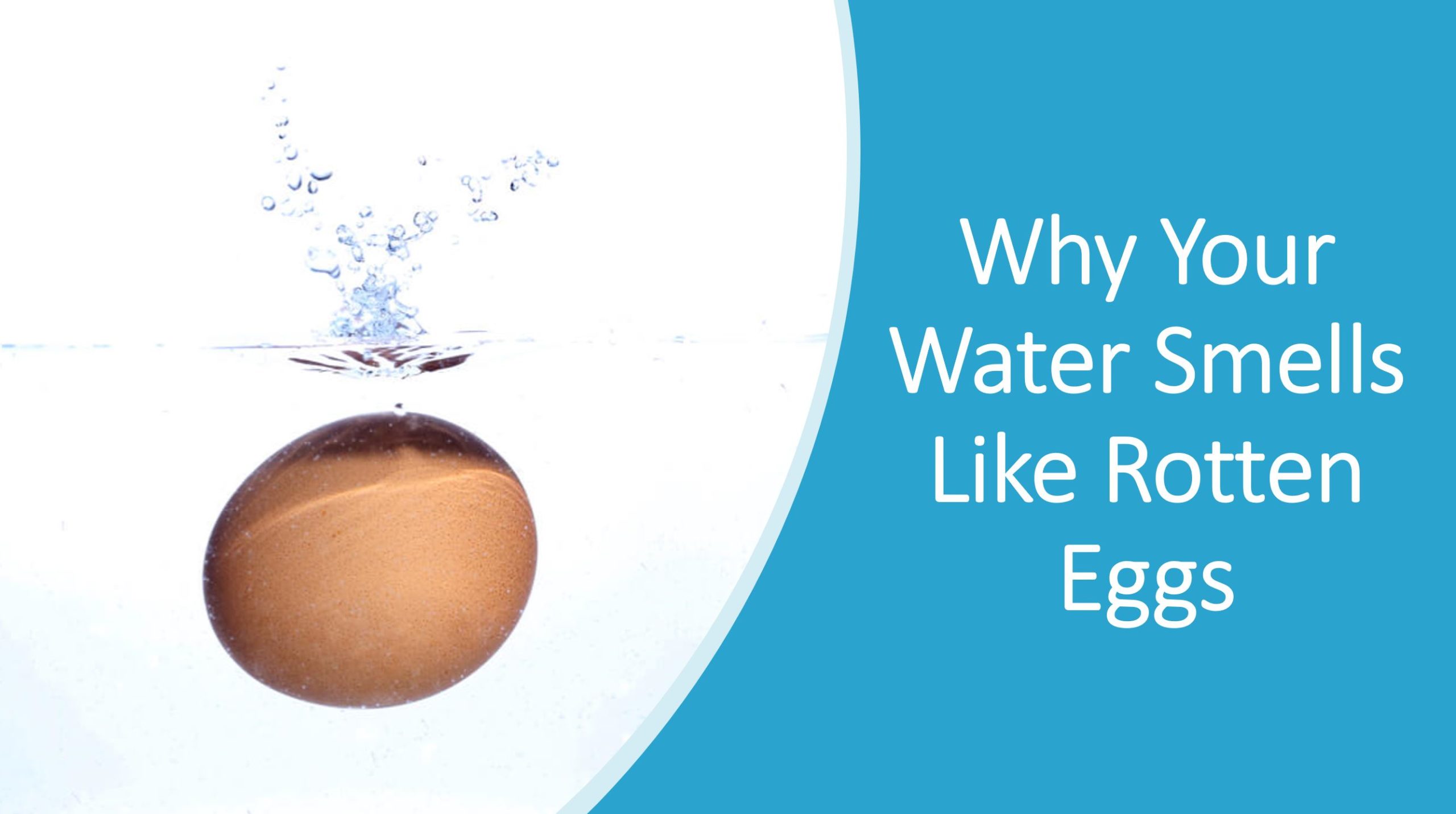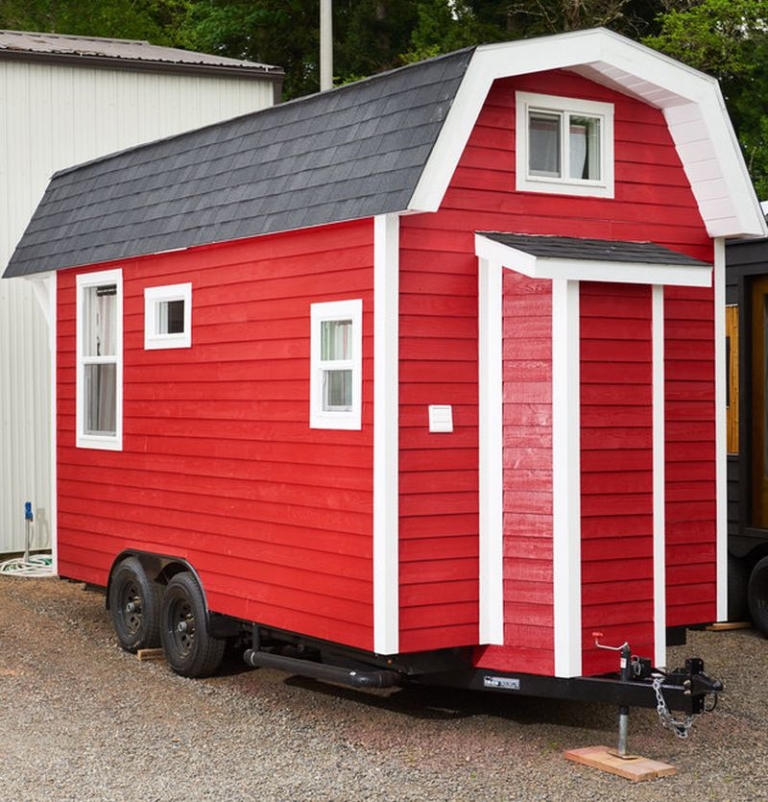Table Of Content

The rotten egg smell outside your house is most likely caused by a gas called hydrogen sulfide (H2S). This gas is produced by the breakdown of organic matter, such as sewage, decaying plants, or sulfur compounds in groundwater. It can also be released from certain industrial processes or natural sources like volcanic activity. The strong odor can be a sign of a potential gas leak or other environmental issues, and it is important to identify the source and address any safety concerns promptly.
Should I be concerned if I smell gas?

During this period, that region experienced a drywall shortage after a series of hurricanes. Drywall was often imported from China, but that product had extra amounts of sulfur, the smell of which can be released into your home. Consider eradicating rotten egg smell to maintain a fresh-smelling home and a healthy life. The horrible egg scent makes a home unbearable and causes anxiety that can affect your health and focus. That all-too-familiar “dirty sock smell” may not be coming from your teenager’s gym bag. Instead, it could be caused by a buildup of bacteria on your heating system coils.
If These Foods Spoil, Just Move Out - Reviewed
If These Foods Spoil, Just Move Out.
Posted: Sat, 16 Sep 2017 07:00:00 GMT [source]
Why Does My House Smell Like Rotten Eggs (4 Possible Reasons)
If the vents clog, whether from debris, a bird’s nest, a bee’s nest, or a trapped rodent, a vacuum will form when someone runs fluids down the drain through the shower or toilet. That vacuum will start to pull the water from a P-trap nearby, lowering the water level and causing the gasses to eventually escape the drain. This is most common in taller homes where the fluid flushed has a longer way to travel. The trap will then allow sewer gasses by since the water level has dropped due to the vacuum.
Address Dirty or Broken Appliances
How Does Home Ventilation System Work Builders today construct new homes much more "air-tight" than... This should ring some alarm bells for you, especially if it smells like burning rubber. Many manufactured homes use building products containing formaldehyde, including walls and flooring. Carpeting, upholstery, paneling, and pressed wood furniture all can be sources of formaldehyde, which can cause allergic reactions and respiratory problems for sensitive individuals.
It is usually hydrogen sulfide, but it’s not worth the risk in case it turns out to be sewage in your water. If your home’s plumbing gets the all-clear and your home still has that rotten egg smell, you may have an issue with toxic drywall. The sulphur in the drywall will off-gas once there’s humidity in the air, which can cause health problems and can also corrode any exposed copper pipes or wiring in your home. If your whole house smells like rotten egg, your sewer or septic tank could be backed up. Disaster isn’t always imminent, but it’s worth a call to the relevant pros to get it checked out.
Sewer Leak

Mercaptan is added to natural gas as a safety measure to alert people to the presence of a gas leak, as natural gas itself is odorless and colorless. If you detect a strong rotten egg smell outside your house, it is important to take it seriously and evacuate the area immediately. Contact your gas utility provider or emergency services to report the potential gas leak and get professional assistance to address the issue. If you smell rotten eggs or notice any gas leak indications, leave the home immediately and call a professional from a phone located outside of the house.
This solution will kill the bacteria and cure the smell temporarily (1 to 2 months), though keep in mind that this is a job best performed by a licensed well contractor. A more permanent (albeit more expensive) option is to install a whole house well water filter to remove the sulfur smell as well as other contaminants from the water. But if your shower drain smells more like an expired egg than clean linens, that’s an issue that needs tackling.
How to Prevent Gas Leaks
The best way to beat biofilm and prevent it from stinking up the house is to clean the drain. A standard drain cleaner will do it, but one of the best home remedies is a combination of baking soda and vinegar. As the two react, they create a foam, with the baking soda particles helping to scour the biofilm from pipe. Flushing hot water down the drain afterward will help clear any remaining biofilm from the drain.
That way, there will always be water in the P-trap and your house won’t smell like rotten eggs. The rotten egg smell can also come from unused shower and bathtub drains. Detectable hydrogen sulfide gas smell could exude from propane appliances.
Biofilm describes many types of bacteria consisting of microorganisms in which cells stick together, creating a slimy, mold-like film. Biofilm commonly occurs in areas that are consistently damp and where there is plenty of organic material for the bacteria to feed on. (A hot tub is another hot spot.) As the bacteria break down these materials, they emit an odor similar to rotten eggs. It is safe to bathe in a shower in water that smells like rotten eggs as well, in most cases. The main point is that you should test your water so that you know exactly what the cause of the odor is.
Your soil also may contain small amounts of sulfur-containing minerals, which get released during heavy downpours. The best way to completely get rid of a rotten egg smell in your house is to solve the cause. It may take a few hours or days before the smell is completely gone if you're having something replaced, though issues such as dried drain pipes may resolve in a few minutes.
Minor issues may be resolved quickly, while significant problems can take several days or even weeks to completely eliminate the odor. It acts as a warning so people recognize when gas is leaking since natural gas holds no odor. If you are not sure it is a natural gas leak, you should still vacate the house and call your utility company. If the smell randomly appearing in your home stinks of sewage, you’re likely smelling sewer gas, a mixture of toxic and nontoxic gasses. Sewer gas is created in your home’s sewer line and is a result of decaying household waste from the toilet.
The main reason that your house smells like rotten eggs when it rains is that rainwater pushes sewer gases within your septic tank upward. The gases in a septic tank have a much lower density than rainwater. Rainwater eventually pushes the sewer gases upward as pressure increases within the tank. If the rotten eggs reek arises only when the hot water is running, the problem is likely with your water heater. While it’s uncommon, if the anode rod in the water heater goes bad, it can introduce a disagreeable sulfur smell into the hot water supply.
The smell of rotten eggs in the house is one to take action upon immediately not only for a better-smelling home, but more importantly, to ensure everything is safe. To identify this cause, check your air conditioner's copper coils for a black substance appearing as an ash-like material. Black ash buildup occurs when there's a high level of sulfur being emitted. Sadly, the only way to fix this issue is to have all affected drywall replaced. If there's a rotten egg smell in your home, you've probably thought about lighting a candle to mask the unpleasant odor.
In the case of a broken line, the smell could be even stronger outdoors than indoors, if the break is located in a part of the pipe that’s buried in the yard. If you notice the rotten egg smell only when you run the hot water, the cause is likely a faulty water heater. When a water heater’s anode rod is broken or worn out, it can create a sulfurous odor in the hot water.
Removing the dead animal or rotten food should eradicate the smell, though more care is needed with dead animal disposal and a follow-up clean up. Remember, it’s essential to address foul odors promptly as they can indicate potentially hazardous situations. When you do not clean your garbage disposal regularly, the odor-causing bacteria can reside in the garbage disposals, grow from garbage scraps, and cause a foul odor in your home. However, this method only removes low levels of hydrogen sulfide (less than 0.3 mg/l) unless combined with other water treatments. One of the best ways to treat water that smells of sulfur is to install a water treatment system. The secondary MCL (Maximum Contaminant Level) for sulfate is 250 ppm, while hydrogen sulfide has no MCL at all.

No comments:
Post a Comment